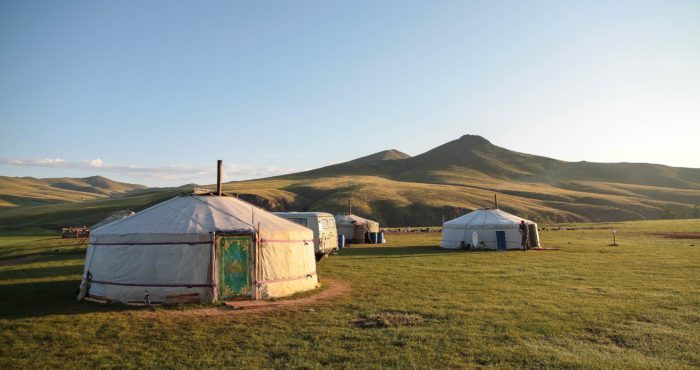Despite these encouraging developments, major challenges still persist. Mongolia’s official national poverty rate has fluctuated since 2010. The poverty headcount rate declined sharply from 38.8% to 21.6% during the economic boom in 2010-2014. However, between 2016 and 2018, poverty reduction was uneven, declining in rural but not in urban areas. And even though Mongolia has demonstrated a strong economic growth in the past years, the economy is expected to contract in 2020 by 4% due to Covid-19 pandemic. This would be the first contraction since the global financial crisis in 2009 and will likely result in job losses and an increase of poverty in the country.
Furthermore, Mongolia is affected by the consequences of climate change, with more than 80% of the country’s land classified as highly vulnerable to extreme weather events. Given that the vast majority of the rural population works in agriculture, climate change is a major concern for Mongolia.
Microfinance in Mongolia
To address challenges of inequality and poverty, the Mongolian Government initiated a microfinance programme in 1997 with the support of the UN Development Programme (UNDP). Today, MSME banks and microfinance institutions (MFIs) contribute to supporting financial inclusion of underserved parts of the population, which are not served by the majority of traditional financial institutions. The microfinance sector also supports the diversification of the Mongolian economy and addresses environmental challenges through the development of the non-mining sector.
The microfinance sector consists of nearly 200 MFIs and 170 savings and credit cooperatives. Some MFIs, such as XacBank have been able to successfully grow and transform into a bank, while other large MFI players like Transcapital and VisionFund Mongolia have remained as non-banking institutions and receive funding from the international impact investor community.
BlueOrchard has been active in Mongolia since 2002, investing in institutions that have a strong focus on micro-entrepreneurs and MSMEs across the country, in particular in underserved rural areas. A micro-entrepreneur financed by an investee of BlueOrchard is Ayurzana Yondonbizya who produces felt roofs and surroundings of lattice from wool for Mongolian portable nomadic round tents. She started the production in 2005 as a family business with her husband and today the company has eight workers. Read her story here.
Written by Davit Korkelia and Kaspars Delins, BlueOrchard Debt Investment Team
